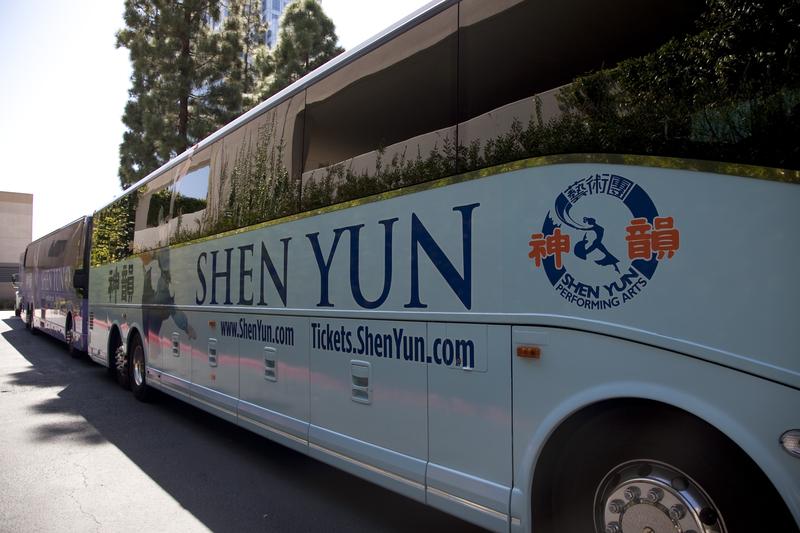NEWS ANALYSIS
Although Chinese state media claimed that the trial of Bo Xilai showed unprecedented openness and transparency, experts on the Chinese Communist Party said it was more of a show trial: the key concerns of the Party have been to make sure the trial would not disrupt the balance of political power in the regime, thereby minimizing the damage to the Party.
In a Politburo meeting in late September of 2012, the Party’s top leaders announced the decision to transfer Bo’s case to judicial organs after reading an investigation report submitted by the Central Commission for Discipline Inspection, the Party’s anticorruption agency.
The report showed that Bo abused his power and bore major responsibility in the Wang Lijun incident, where his deputy attempted to defect to an American consulate, and in the coverup of the murder of Neil Heywood, allegedly carried out by his wife Gu Kailai. He was also found to have received bribes personally and through his family, and to have had or maintained improper sexual relationships with a number of women. The investigation also uncovered evidence that suggests his involvement in other crimes, according to state mouthpiece Xinhua.
However, the trial prosecutors narrowed the charges down to “bribery, embezzlement and abuse of power.”
According to Heng He, a political commentator with NTD Television, a Chinese-language television network, Bo’s trial rests on depoliticizing his case by dropping all political charges and only focusing on criminal charges such as bribery, embezzlement and abuse of power.
The key concern of the Party is to carefully balance political power, Heng He said. Thus, attempting to depoliticize the case is to minimize the damage to the Party. Heng He says that Bo and the prosecutors must have already reached a consensus on depoliticizing his case, which is why no one crossed a line in making broader accusations or commentary about the nature of one-Party rule in China.
The reason Bo dared to disavow previous statements made during the investigation is because of his pedigree of princeling, said political and economic commentator He Qinglian in a recent article. Bo has many supporters among the princelings, Ms. He said, since his arrest, there were reports saying that Party leader Xi Jinping, who is also a princeling, had been making efforts to appease Bo’s princeling supporters, including former vice minister Chen Yuan, chairman of China Development; Liu Yuan, a general and the political commissar of the Academy of Military Sciences of the PLA and son of former state head Liu Shaoqi; and Zhang Haiyang, a PLA general.
Another reason, according to Heng He, is that Bo is aware that evidence collected by the Party’s discipline committee cannot be used in court. Bo knows the loopholes in the legal system better than the prosecutors, Heng He said.
Show Trial
He Qinglian said this is a show trial typically held for high ranking Party officials. In general trials for high ranking Party officials have to be rehearsed, said Ms. He. The trial of former Shanghai party secretary and member of Politburo Chen Lianyu was “rehearsed meticulously, with attention to details” and “even when to let Chen take a break and use the restroom was carefully planned ahead,” according to Chen’s lawyer, Ms. He wrote in her article.
Heng He also commented that this is a show trial with predetermined verdict, and the authorities meant to give Bo room to argue over some trivial issues, making it look like it’s a real trial instead of a show trial; Bo fought back in court to carry on his own “political legacy” just in case he can make a comeback in the future.
Prosecutors probably think the bribery and embezzlement charges are good enough to make sure that Bo won’t be able make a comeback, and in doing so the Party will be safe, Heng He said.
However, it’s an extremely difficult task to collect evidence for bribery and embezzlement in China. In all corruption cases, a Party official usually doesn’t put his ill-gained money in the bank and always claims that he is innocent. The offender’s wife, children, or family members usually accept bribery money, often in cash, on behalf of him, Heng He added.
Heng He also commented that the trial did not demonstrate openness or transparency, since no camera or reporter were allowed in court, and court records were censored before they were posted to weibo.
He also doubts that Xi Jinping will gain any political advantage from putting up an “open trial” like this, since most people are convinced that this was a show trial, and this won’t please either the leftists or the rightists.


